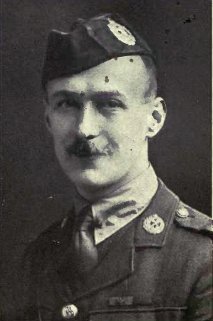- Reaction score
- 5
- Points
- 430
What price valour? Canadian's Victoria Cross goes up for auction

More at link.
Randy Boswell, Canwest News Service
An iconic Canadian war medal — the Victoria Cross of Robert Shankland, one of the trio of First World War heroes from Winnipeg’s "Valour Road" — is to be auctioned next month in Toronto at a sale likely to prompt controversy and possible government intervention.
Shankland’s VC, awarded to him in 1917 for "most conspicuous bravery" in leading his troops against the Germans at Passchendaele, is the centrepiece of a nine-medal set being offered at Bonham’s May 25 auction of Canadian art and history.
The "very scarce" combination of Shankland’s Victoria Cross and his Distinguished Conduct Medal — won in 1916 for leading a team of stretcher bearers through enemy fire — has pushed the high-end estimate for the full set to $330,000, a price comparable to other recent VC sales in Britain.
But recent attempts to auction examples of Canada’s highest military decoration — awarded only 94 times in the nation’s history, and not once since 1945 — have provoked public ire and government action to stop the planned sales.
More at link.


